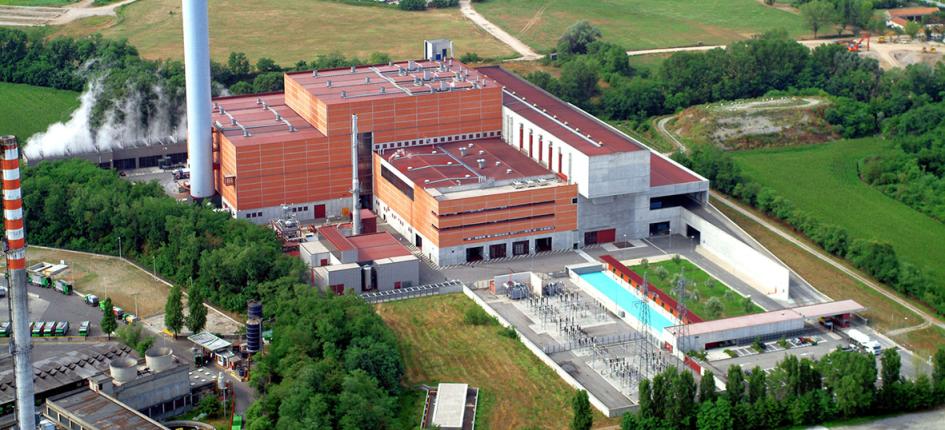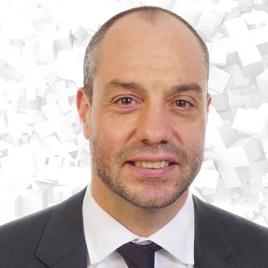What are the core competences of TBF + Partner?
As a general engineering and consulting group, we cover key infrastructure from mobility to energy and the environment, including waste and wastewater treatment. However, our core business remains waste-to-energy, with over 40 plants designed and developed throughout central Europe over the last 50 years of activity. Complexity is what motivates us, thus finding local solutions for global challenges.
What makes you a great partner to work with, especially in emerging markets?
Even if our projects are seemingly technical, we acknowledge that in the end it is the people that make a difference! We are a group of open-minded, curious and positive people that love to collaborate on tricky projects and learn throughout the process. Our network structure keeps us nimble and fosters quick decision-making. With over 340 experts from a range of different fields, we ensure the diversity of perspective our projects need to succeed: from engineers and technicians to economists and, yes, even educators. Different team members have worked and lived in emerging markets for many years, and are excited to share their first-hand knowledge.
What are the most important market opportunities for your company?
So far, we have focused the majority of our activity on central Europe, due to our roots in Switzerland, where the company was founded in 1964. Today, we are ready for taking the next leap! We are thrilled about the prospect of bringing our expertise to other geographical regions and supporting them in their journey towards sustainable infrastructure. Having first evolved and grown in our home markets gives us the strong foundation needed for such an endeavour.
What challenges are you anticipating in developing new business regions?
Operating in a new region means taking local government policies into account and what they mean for every step of the project, from financing to operating. Being conscious of cultural differences is second-nature to us, considering in Switzerland alone we have branches in three different language regions. With our diverse team, we already bring years of global expertise to the table, e.g. for India and Sub-Saharan Africa. Our team members have executed large projects and managed new businesses previously both of these regions.
Why do you value the collaboration with S-GE and its cleantech mandate?
This partnership is very important to us, as S-GE on the one hand knows our strengths and our way of working, and on the other hand increases our visibility and backs our credibility. In March 2023, for example, S-GE allows us to introduce our core competence of waste-to-energy to a wider audience at the Cleantech conference in Nairobi, Kenya. In short: S-GE brings interested parties together and acts as a valuable link between government entities and businesses. The Cleantech CUBE export platform in particular is a great opportunity for us to ease into new target markets in order to transfer our know-how.
Speaking of which, why do you want to extend waste-to-energy capacities in the Sub-Saharan region especially?
Waste disposal has been an ongoing issue in Africa, with many challenges associated. While it has been the subject of constant discussions throughout the years, little action has been taken yet. Linking the issues of waste management and energy demand could be a vital step towards eventual implementation. Waste-to-energy has the potential of capturing the vast energy content of rural landfills, hence producing essential power while minimising environmental impact. In moving forward, it is crucial to explore these opportunities and start immediately with necessary feasibility studies in identified initial locations.




